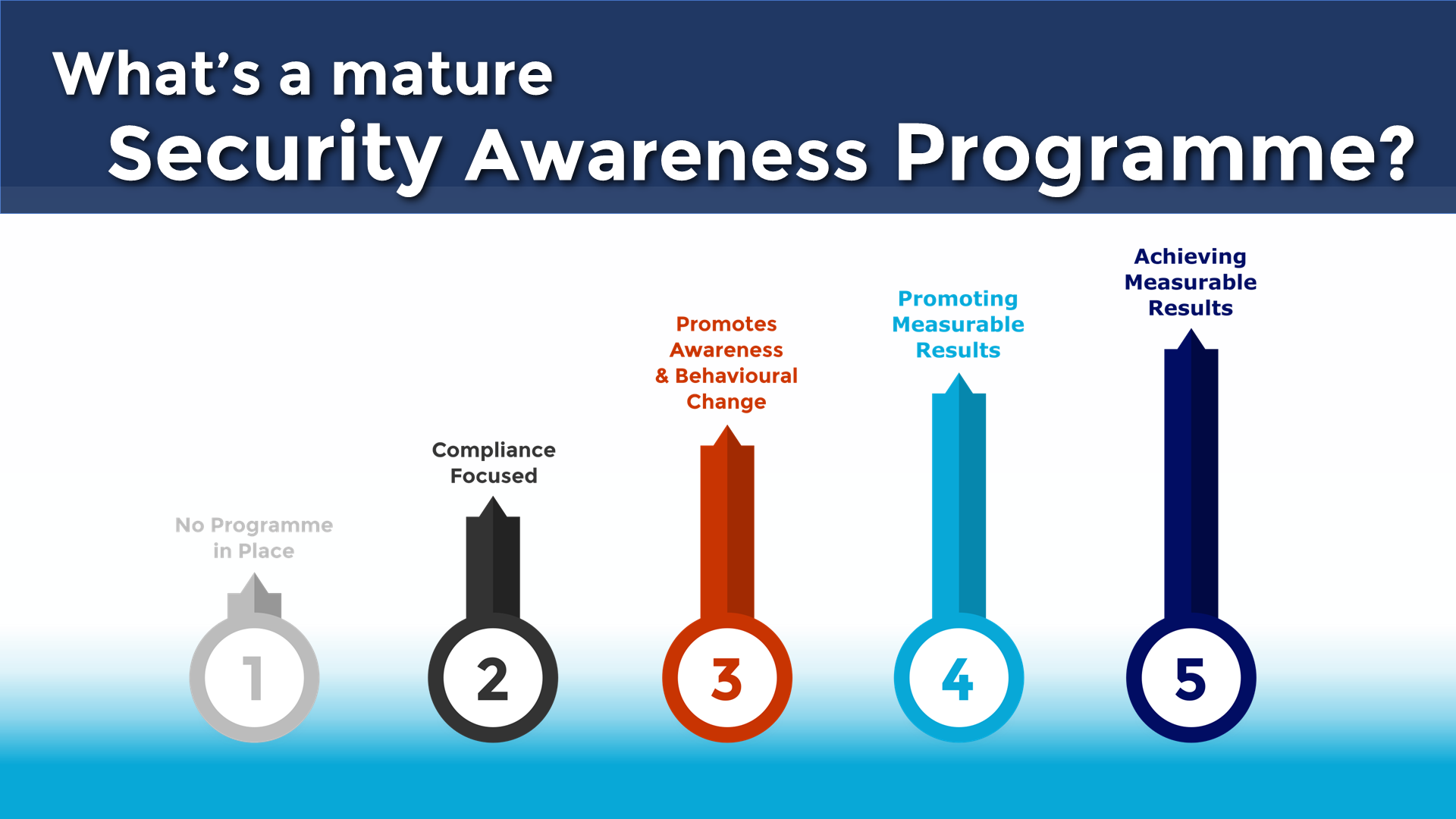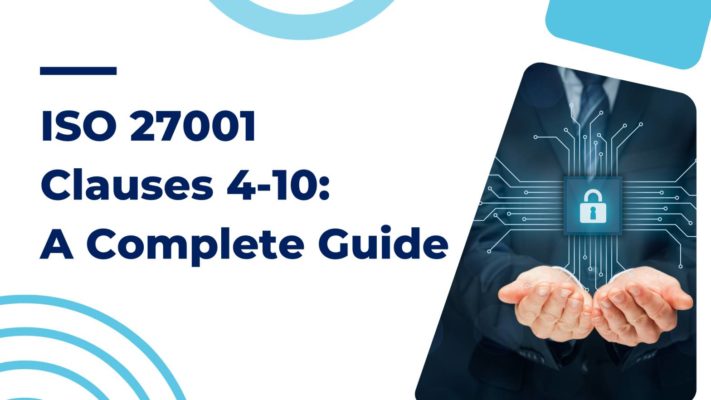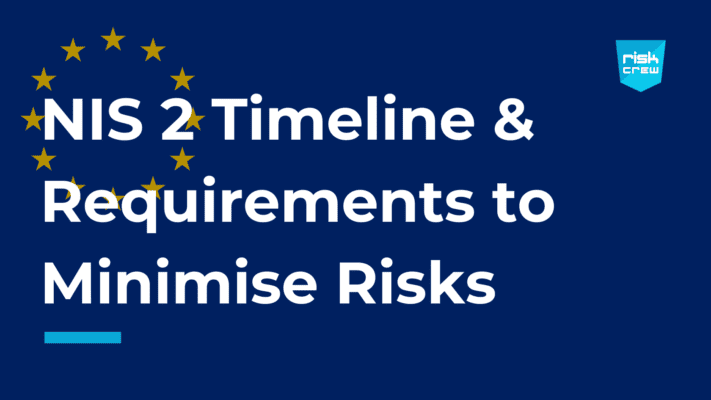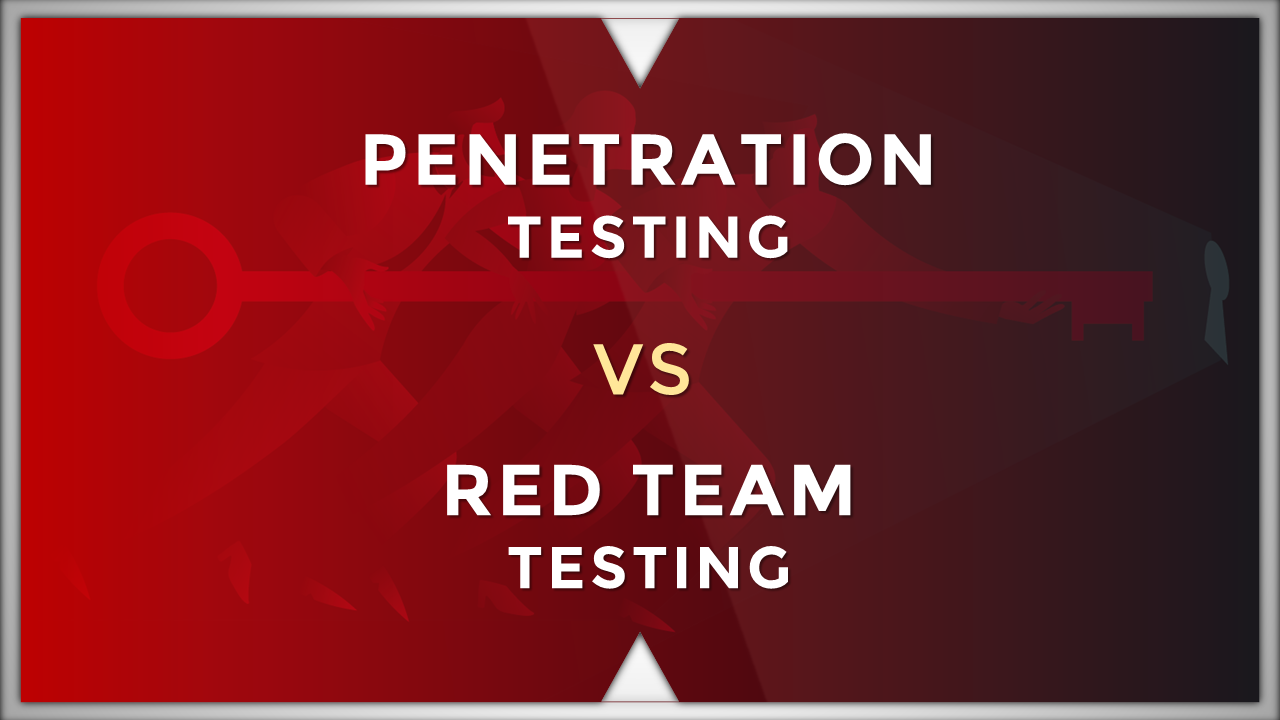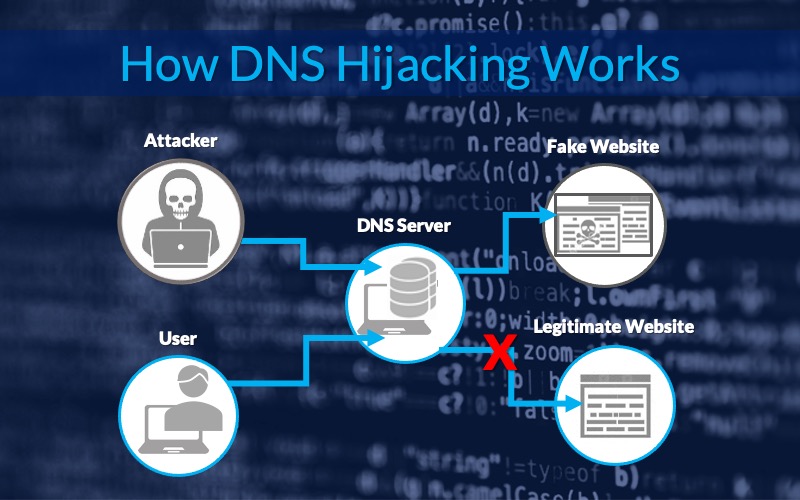Resources Risk Management resources Resource Type Article Blog Risk Management blog Virtual CISO blog
Enhancing Security and Efficiency with CISO-as-a-Service
Many organisations are turning to implementing a CISO-as-a-Service option. The service is not only efficient, [...]
Virtual CISO blog Resources Risk Management resources Resource Type Article Blog Risk Management blog
Unlocking the Potential: Exploring the Benefits of a vCISO
There is no doubt that the number of qualified and available cyber security experts is [...]
Risk Management blog Virtual CISO blog Resources Risk Management resources Resource Type Article Blog
Comparing a Virtual CISO vs. a Full-Time CISO
Most of us are aware that there is a huge gap of qualified cyber security [...]
Resource Type Article Blog Risk Management blog Data Protection and Privacy blog Resources Risk Management resources
Navigating PPI Principals of GDPR for Small Businesses
“So, all we have to do to implement these 11 chapters containing 91 articles in [...]
Resources GRC resources Resource Type Article Blog Risk Management blog Data Protection and Privacy blog
3 Key Triggers for Initiating a DPIA
Here’s a funny thing – recital 84 of the EU’s GDPR legislation states “…where processing [...]
Blog Risk Management blog Data Protection and Privacy blog
Properly Deleting Personal Data the Right Way
Are you managing personal data deletion correctly under the DPA and GDPR? Does everyone in [...]
Risk Management blog Data Protection and Privacy blog Blog
Data Protection Officer Questions – Answered by a DPO
There are many questions about why a Data Protection Officer (DPO) is needed and what [...]
Blog Risk Management blog Data Protection and Privacy blog
Data Protection by Design and Default: A Clear Explanation
Previously known as ‘privacy by design’, “data protection by design and default” has always been [...]
Article Risk Management blog Data Protection and Privacy blog Resources GRC resources Blog Resource Type
When Must You Complete a Data Protection Impact Assessment?
Data protection impact assessments (DPIAs) are a legal requirement for GDPR, to ensure people’s private [...]
Blog Risk Management blog Supply Chain Risk Management blog
MOVEit Attack – Security Tool Vendors Have Failed Us… AGAIN!
2023 MOVEit Cyber Attack to Affect the Masses Yet again, here’s a prime example of [...]
Article Blog Risk Management blog Supply Chain Risk Management blog Resources Resource Type
Cyber Security Supply Chain Challenges in the Agrifood Industry
Guest Contributor: Benjamin Turner, Former Chief Operating Officer, Agrimetrics Shortly after Russia’s invasion of Ukraine, [...]
Risk Management resources Resource Type Article Blog Risk Management blog Supply Chain Risk Management blog Resources
Preventing Supply Chain Cyber Attacks: Key Strategies
“There has been a 742% average annual increase in software supply chain attacks over the [...]
Risk Management blog Supply Chain Risk Management blog Resources Resource Type Article Blog
Cyber Supply Chain Risk Management – Should Penetration Testing be Required?
Let us begin by describing how to approach Cyber Supply Chain Risk Management (C-SCRM) and [...]
Risk Management resources Resource Type Article Blog Risk Management blog Awareness Training blog Resources
Get WFH Cyber Security at the Forefront of Staff’s Minds
Is your staff is staying resilient with protecting company information assets whilst Working from Home? [...]
Risk Management blog Awareness Training blog Blog
What Defines a Well-developed Security Awareness Program?
Good news. Bad news. The bad news is that cyber security threats to businesses are [...]
Risk Management resources Resource Type Article Blog Risk Management blog Malware and Ransomware blog Resources
How a Ransomware Readiness Assessment Can Protect Your Business
Ransomware is a type of malware that encrypts files and then seeks payment in exchange [...]
Malware and Ransomware blog Resources Risk Management resources Resource Type Article Blog Risk Management blog
What is Ransomware? Four Examples You Should Know About
By now we all know the effect a Ransomware attack can have on an organisation. [...]
Risk Management blog Malware and Ransomware blog Resources Risk Management resources Resource Type Article Blog
Outsmart the DarkSide Ransomware Group
The DarkSide Ransomware Group is one of the many gangs that continue to rebrand themselves [...]
Blog Risk Management blog Information and Cyber Security blog Resources Resource Type Article
How Do You Conduct an Information Security Risk Assessment?
Information security risk assessments are crucial for any businesses that deal with any sensitive information [...]
Information and Cyber Security blog Resources Resource Type Article Blog Risk Management blog
SaaS Security 101: Essential Strategies for Businesses
Software companies have naturally embraced the cloud. It provides countless benefits for their clients, ranging [...]
Risk Management blog Information and Cyber Security blog Blog
As a nation, are we cyber security aware?
In the following blog post, we are going to shine a spotlight on the general [...]
Blog Risk Management blog Incident Management blog Resources Resource Type Article
How to File a Data Breach Compensation Claim
What is a Data Breach Claim? “Someone stole my personal information and I want something [...]
Risk Management blog Incident Management blog Blog
How to Respond When Data Breaches Hit the Fan
Not many companies anticipate being the focal point of a significant data breach incident. However, [...]















